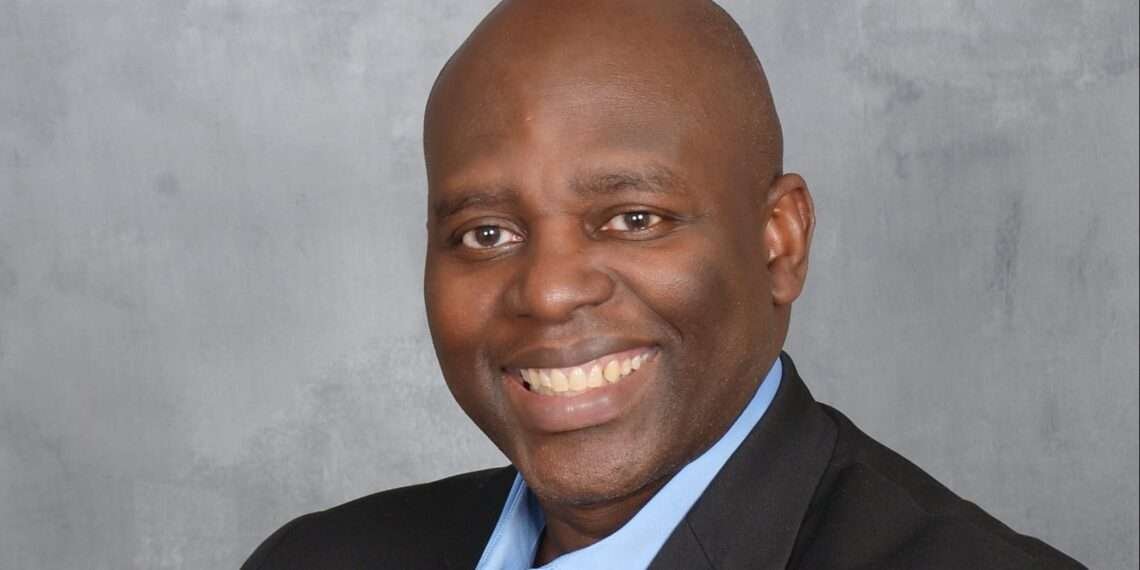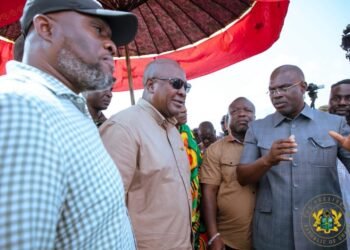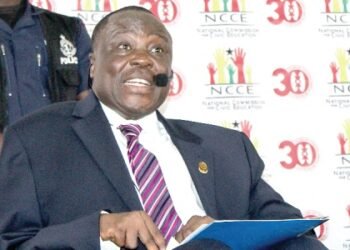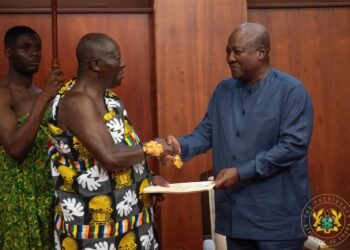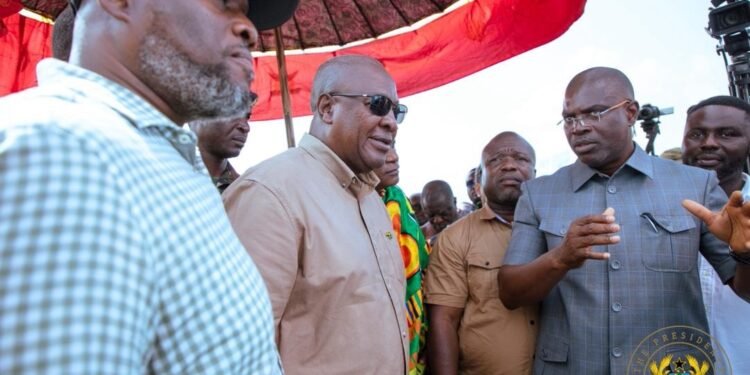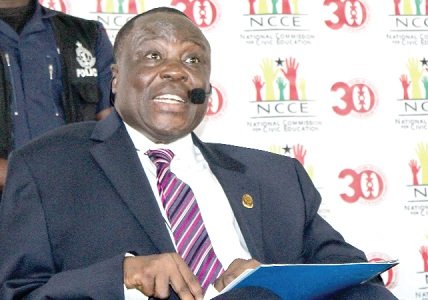A recent analysis by Dr. John Osae-Kwapong, a Democracy and Development Fellow at the Ghana Center for Democratic Development (CDD-Ghana), sheds light on the effectiveness of the Office of Special Prosecutor (OSP) in combating corruption in Ghana.
Dr. John Osae-Kwapong shared insights into the challenges and mixed results surrounding Ghana’s Office of the Special Prosecutor, established by the New Patriotic Party (NPP) to combat corruption. Established in 2017 under the Office of the Special Prosecutor Act (Act 959) to tackle corruption independently of the executive branch, the OSP has faced challenges and criticisms during its seven-year tenure.
“The seven-year history of the office has been interesting, to say the least. The first Special Prosecutor resigned after two years in the role. The second is now facing a removal from office petition which was triggered by none other than his predecessor.”
Dr. John Osae-Kwapong, a Democracy and Development Fellow at CDD-Ghana
In 2016, the NPP, led by President Nana Akufo-Addo, campaigned vigorously against the then-incumbent John Mahama government, citing economic mismanagement and widespread corruption. A key promise was the creation of an independent anti-corruption entity, separate from the Attorney General’s Office, which often faced conflicts of interest in prosecuting government officials.
The legislation governing the Office outlines several grounds for removal, including misconduct, incompetence, incapacity, violation of oaths, and actions that could bring the Office into disrepute or harm the state’s economy or security. The current proceedings aim to determine if the allegations meet these criteria.
Dr. Osae-Kwapong raises pertinent questions regarding the severity of the allegations and whether administrative solutions might suffice instead of outright removal. This scenario underscores the complexities of maintaining a politically independent body within a highly politicized environment.
Evaluating The Fight Against Corruption
Evaluating the Office’s impact, Dr. Osae-Kwapong referenced Afrobarometer surveys to gauge public perception of the government’s anti-corruption efforts.
“Prior to the establishment of the office, there had been six rounds of the Afrobarometer survey. On the question of how well the government is handling the fight against corruption, the average across the six rounds showed five out of ten (46%) rated government efforts well.”
“More importantly, public evaluation of the fight against corruption had dropped significantly from 63% (2002) to 25% (2014). So, at its founding, one could argue that the office was needed to fight corruption well.”
Dr. John Osae-Kwapong, a Democracy and Development Fellow at CDD-Ghana
Public perception of corruption levels has also seen little improvement. While 20% of respondents in 2019 felt corruption had decreased, this dropped back to 6% in 2022, similar to the 2014 level. Additionally, very few respondents perceived corruption-free institutions, with low percentages across courts, parliament, and the presidency.
Dr. Osae-Kwapong’s analysis suggested that while the Office of the Special Prosecutor was a necessary innovation, its impact on public perception and corruption levels has been limited. The establishment of the Office has not significantly altered the public’s view on the effectiveness of anti-corruption efforts or the prevalence of corruption.
Since the effectiveness of the OSP seems to be undermined by low public trust in its operations, initiatives aimed at rebuilding public confidence should be considered. This could involve regular public consultations, community engagement programs, and efforts to communicate the achievements and challenges faced by the OSP transparently.
The analysis also indicated that the existing legal framework for the OSP might not adequately address the complexities of corruption in Ghana. A thorough review of the Office of the Special Prosecutor Act (Act 959) and other relevant laws could identify areas for reform to ensure they are effective in deterring corruption and facilitating prosecutions.
This report serves as a critical examination of the OSP’s role in Ghana’s fight against corruption, highlighting the challenges faced and the implications for public trust and governance integrity. As the OSP continues to navigate its mandate amidst ongoing controversies and public scrutiny, the lessons learned from this analysis may inform future reforms aimed at strengthening Ghana’s anti-corruption mechanisms.
READ ALSO: Economist Implores Gov’t to Slash Fiscal Expenditure Before 2024 Elections

